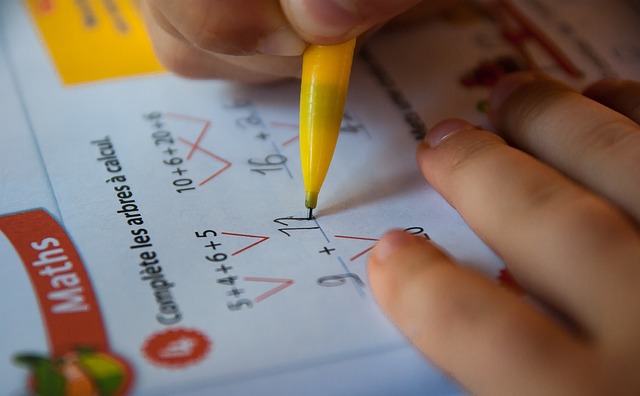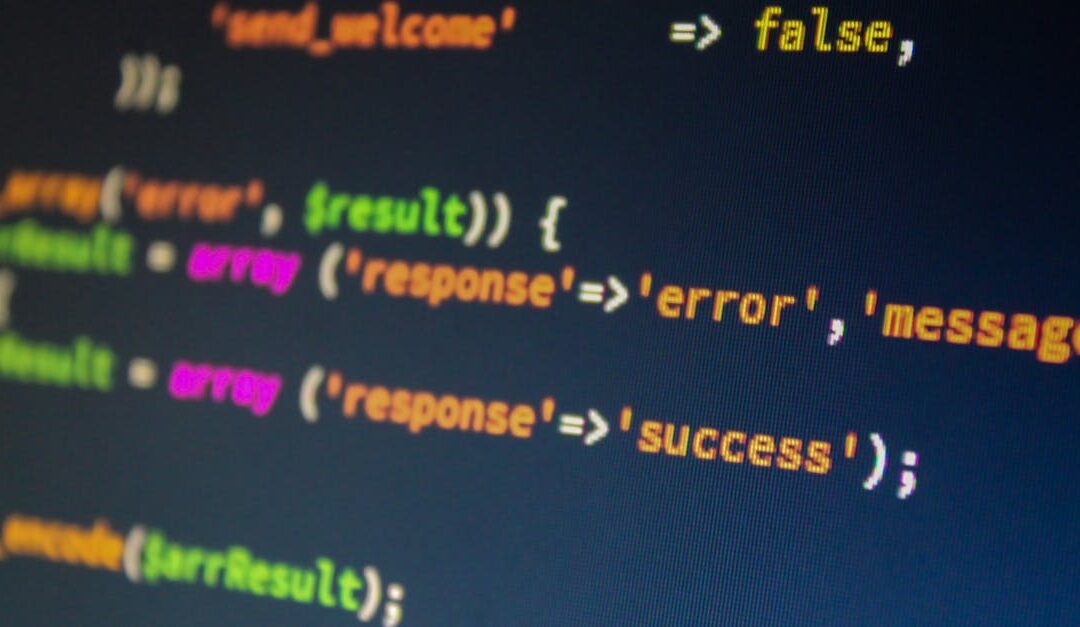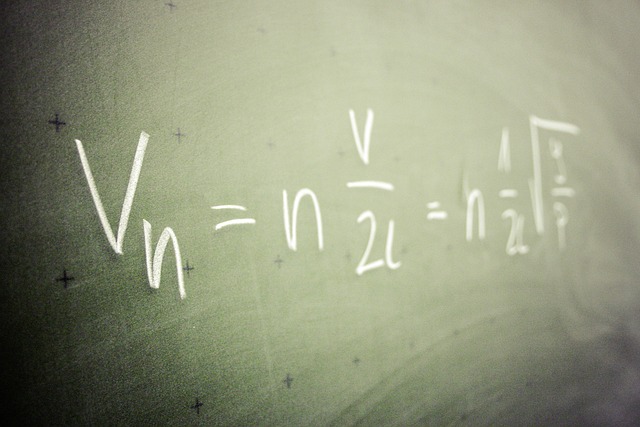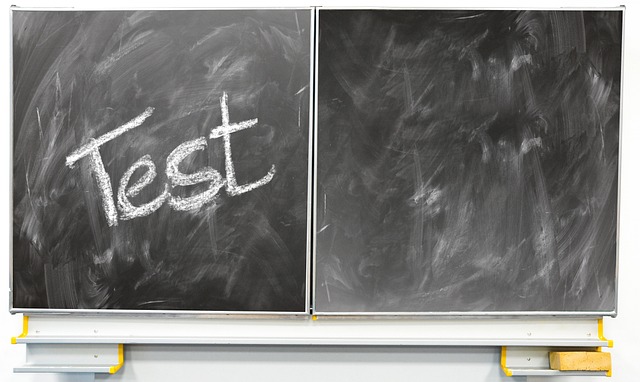Researchers debate if China’s Shi’s Star Catalog is the oldest. Discover the findings and historical context of this ancient astronomical record.

ADVERTISEMENT

Researchers debate if China’s Shi’s Star Catalog is the oldest. Discover the findings and historical context of this ancient astronomical record.

New research reveals that penguin guano in Antarctica plays a significant role in climate cooling. Learn how penguin poop affects cloud formation.

Astrophotographer captures a stunning image of the M106 galaxy revealing its swirling arms and active core.

Explore the powerful symbolism of the Eye of Horus its history and its significance in ancient Egyptian culture. Learn about its use in amulets burials and more.

New data from DESI suggests a link between dark energy and string theory. Discoveries could offer the first observational evidence.

Scientists have discovered 7000-year-old mummies in the Sahara Desert revealing new insights into ancient history and genetic lineages.

Learn the definition of an ordered pair in mathematics including its key characteristics and applications. Explore examples and understand how it’s used.

Scientists have discovered a meteorite NWA 15915 that originated from a lost planet offering insights into the early solar system.
Discover how to solve polynomial equations and find q(uv) = 0. Learn techniques for determining polynomial relationships between variables. Polynomial Equation Solver.

Explore the inequality concerning the dimension of harmonic homogeneous polynomials. Learn about the relationship between homogeneous polynomials and their Laplacian. Harmonic Homogeneous Polynomials explained.

Investigating the image of a ratio of polynomials with affine coefficients. Does the image lie within a complex polytope defined by vertices? Polynomial Ratio Image.

Discover the fascinating relationship between Chebyshev polynomials of the second kind and binomial coefficients in this exploration of series. Chebyshev Polynomials Series.

Learn how to calculate the change of basis matrix for linear maps on polynomials. This guide clarifies common discrepancies and misunderstandings. Change of Basis Matrix explained.

Learn how the Luhn algorithm validates credit card numbers and other identification codes. Discover the steps and applications of this essential checksum formula.

Learn about open and closed intervals in mathematics including definitions and examples. Essential for understanding calculus.

Learn about sequences their limits and how they differ from functions. Discover convergence and divergence and essential theorems.

Learn about open and closed intervals in mathematics including definitions and examples using mathjax notation.

Learn what it means for a series to converge to a specific value in mathematics. Explore the concept of convergence.

Explore if disjoint subsets of natural numbers exist where the sum of harmonic series terms over each subset is equal. Investigate the harmonic series and its subset sums.

Can natural numbers be divided into two sets with equal sums of their digits? Explore this intriguing partitioning problem.

Explore the solutions for distinct real numbers satisfying specific equations in this insightful blog post.

Learn how to calculate distance in 3D using triangular relationships and trigonometric ratios.

Learn how to find the remainder of polynomial division using standard and alternate methods.

Prove the equality of cosine series in generalized functions. Learn how to manipulate trigonometric series for advanced applications.

Discover the surjective functions f(x) that satisfy the equation 2xf(f(x)) = f(x)(x + f(f(x))) for all positive real numbers x.

Discover how to find all surjective functions f:R→R satisfying a specific functional equation. Learn the key steps and techniques.

Learn how to solve projectile motion problems using quadratic equations. Find the maximum height and time of flight for a projectile launched at a 45-degree angle.

Learn various methods for proving mathematical statements including direct proof indirect proof (contradiction and contrapositive) proof by cases and mathematical induction. Explore examples and applications.

Conquer the CBSE Board Exams 2025 with our guide! Learn effective study strategies, time management tips, and overcome exam anxiety for success.

The multiplication rule in probability is used to find the probability of the intersection of two or more independent event

Addition Rule calculates the probability of one or more events occurring. For mutually exclusive events, add individual probabilities. For non-mutually exclusive events, add individual probabilities and subtract the probability of both events occurring.
uniformly distributed aerosol particles between 2 and 6 nanometers

A random event refers to an unpredictable occurrence that has no discernible pattern or predetermined outcome. It is an event whose outcome cannot be reliably predicted or determined based on prior information or knowledge. Random events are commonly encountered in...